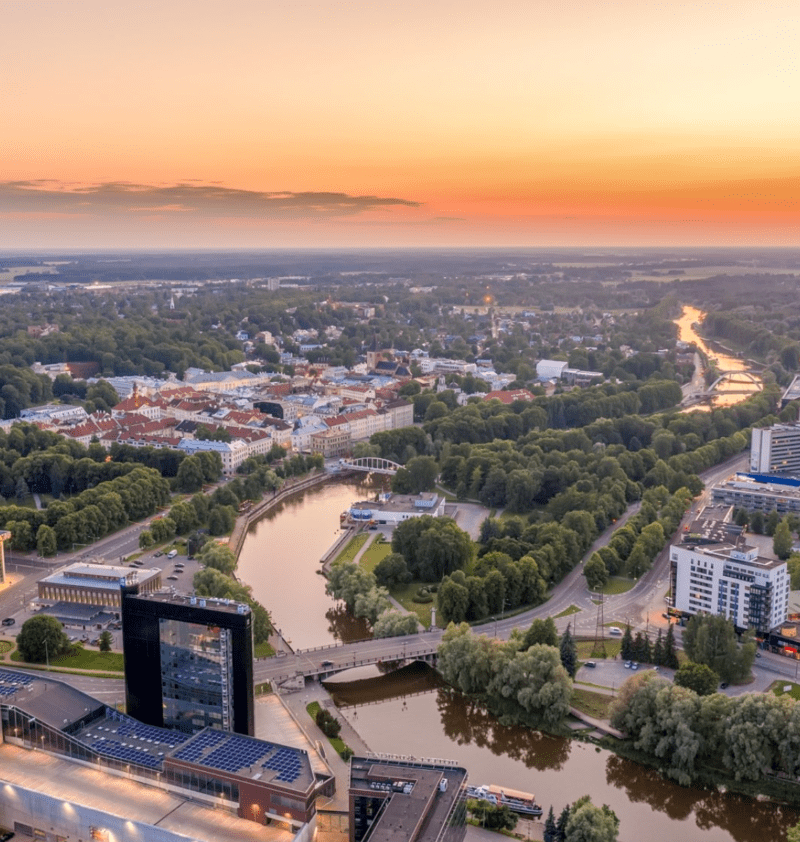NEOBIOTA 12th International Conference on Biological Invasions
Home | Events | Researchers | NEOBIOTA 12th International Conference on Biological Invasions

Tartu, Estonia, 12–16 September 2022.
The theme of this year’s conference is “Biological Invasions in a Changing World”. Biological Invasions are one of the main direct drivers of biodiversity loss worldwide. They pose rapidly growing threat to biodiversity, ecosystem services, sustainable development and human well-being. The challenge of halting biodiversity loss and facing this problem is more and more critical under the circumstances of climate change and it is more than appropriate to discuss these topics together again in the course of another NEOBIOTA conference.
The main organiser of the NEOBIOTA conference is Estonian Naturalists’ Society that was founded in 1853 and is associating scientists, researchers and nature enthusiasts from various fields: botany, ornithology, entomology, forestry, anthropology, theriology, malacology, ecology, geology, mycology, nature education, citizen science, etc. The main purpose of the ENS is to integrate professional and amateur scientists, and people interested in nature, with the purpose to facilitate exploration of Estonian nature, promoting nature protection and education in Estonia, and popularising results of scientific research. The ENS’s network of trustees all over Estonia allows conducting observations and the application of collected data in scientific research. The Society’s primary work formats are organising scientific studies, conferences, seminars and discussions, tours and nature observations, and carrying out projects for studying nature and on environmental education. The Society publishes both scientific and popular science books, as well as periodical publications, one of the purposes of which is to develop Estonian-language terminology. ENS’s headquarters is situated in Tartu.
Tartu is a city with around 100,000 inhabitants and known as a student city which means a lot of young and sophisticated people working and enjoying life here. Tartu lies on the shores of the beautiful River Emajõgi. There are a plenty of accommodation options with reasonable prices in the city not to mention various opportunites for leisure time in and around Tartu. All kind of useful information about Tartu and Tartu County is available on the official tourism site Visit Tartu.
Contact: neobiota[@]elus.ee